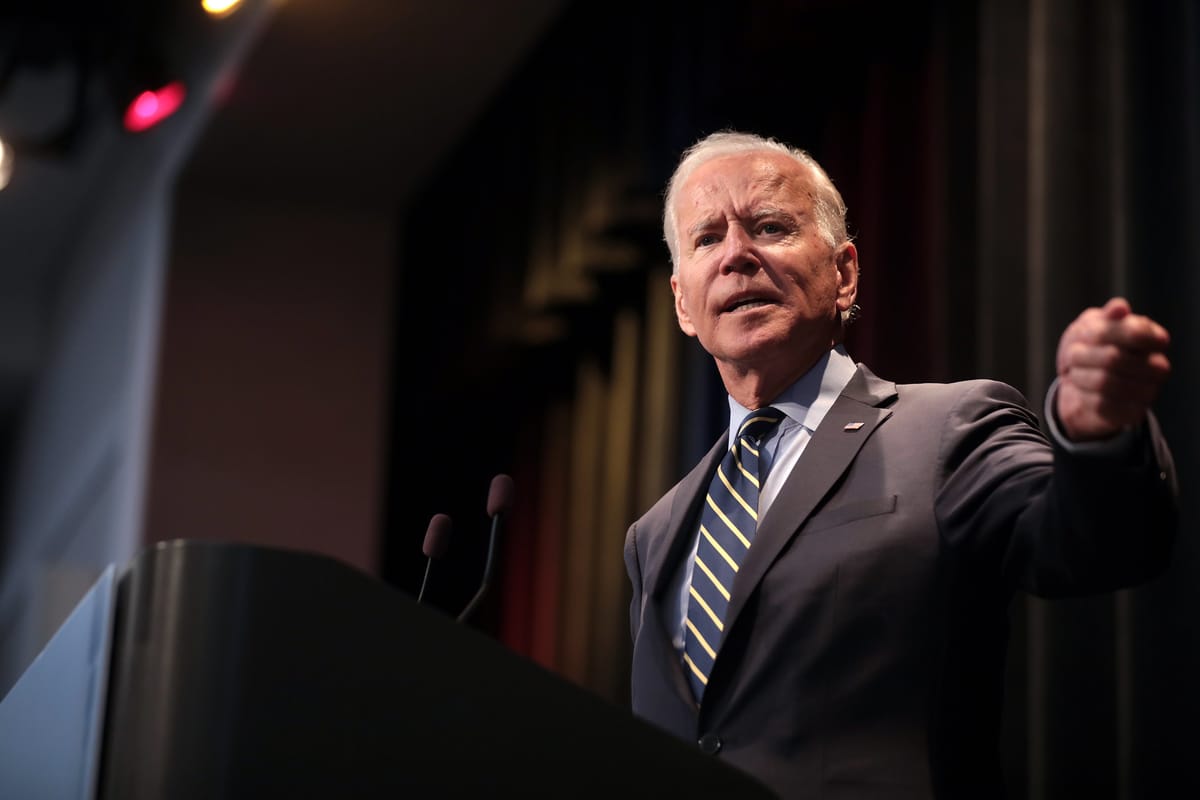Table of Contents
The Houses of Congress have failed to overthrow President Joe Biden's veto of a pro-crypto accounting bill.
Failing to achieve a two-thirds majority from both houses of Congress in a 228-184, US lawmakers were unsuccessful in countering Biden's veto. 21 Democrats and 207 Republicans voted yes but 183 Democrats and one Republican voted no.
Known as Staff Accounting Bulletin (SAB) No. 121, the rule requires companies to list crypto assets on their balance sheets, increasing the expense for financial institutions to deal with cryptocurrencies.

The Senate voted 60-38 to withdraw the policy but Biden said in a statement, "By virtue of invoking the Congressional Review Act, this Republican-led resolution would inappropriately constrain the SEC’s ability to set forth appropriate guardrails and address future issues."
"This reversal of the considered judgment of SEC staff in this way risks undercutting the SEC’s broader authorities regarding accounting practices."
The White House further added, "The Administration strongly opposes passage of H.J. Res. 109, which would disrupt the Securities and Exchange Commission’s (SEC) work to protect investors in crypto-asset markets and to safeguard the broader financial system."
The SEC argued that SAB 121 is "non-binding staff guidance" and that it strengthens disclosures to investors.
"Time and again, we have seen crypto firms fail and watched as their customers lined up at the bankruptcy court in hopes of getting what they thought was legally theirs," an SEC spokesperson said in April.
"We’ve also seen the risks to investors in firms that safeguard these assets when they are hidden off balance sheet. These disclosures provide investors important line of sight into the level of risk taken by crypto custodians."
On Wednesday, House Financial Services Committee Ranking Democrat Maxine Waters of California said the crypto industry "didn't like the answer they got."
"I understand that the SEC may be close to reaching an agreement on these modifications, which would ensure that well-regulated entities like custody banks can offer crypto custody services consistent with SAB 121," Waters said.
House Financial Services Committee Chair Patrick McHenry, R-N.C., said the House and Senate described the motion on SAB 121 as the "first digital assets specific legislation" that had ever passed both chambers.
"This administration would rather play politics and side with power-hungry bureaucrats, over the American people and over new technology and the safe use of new technology," McHenry added.
"I don't want to get into the conjecture of this stuff," McHenry continued. "It's not part of the decorum of the House here. The substance here is about digital assets."
Meanwhile, at a recent San Francisco fundraiser, former US President Donald Trump declared his strong support for the cryptocurrency industry, positioning himself as the "crypto president" in his 2024 presidential campaign.

Trump is also set to speak at Bitocin 2024 in Nashville at the end of this month. "Trump announced his support for the American Bitcoin industry in May 2024, advocating for financial freedom and the growth of the U.S. Bitcoin industry on the global stage," organizers said on the conference website, describing Trump as the event's main headliner.









